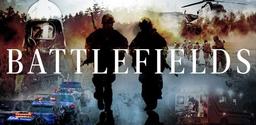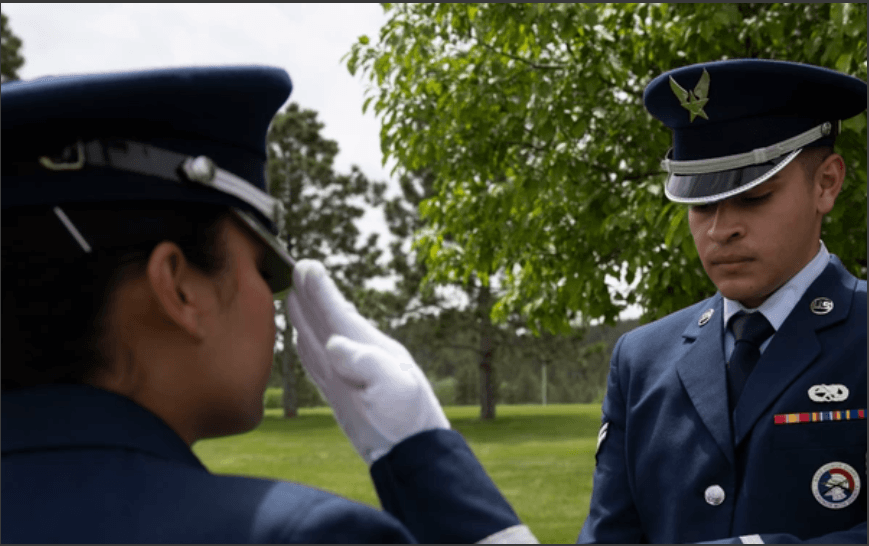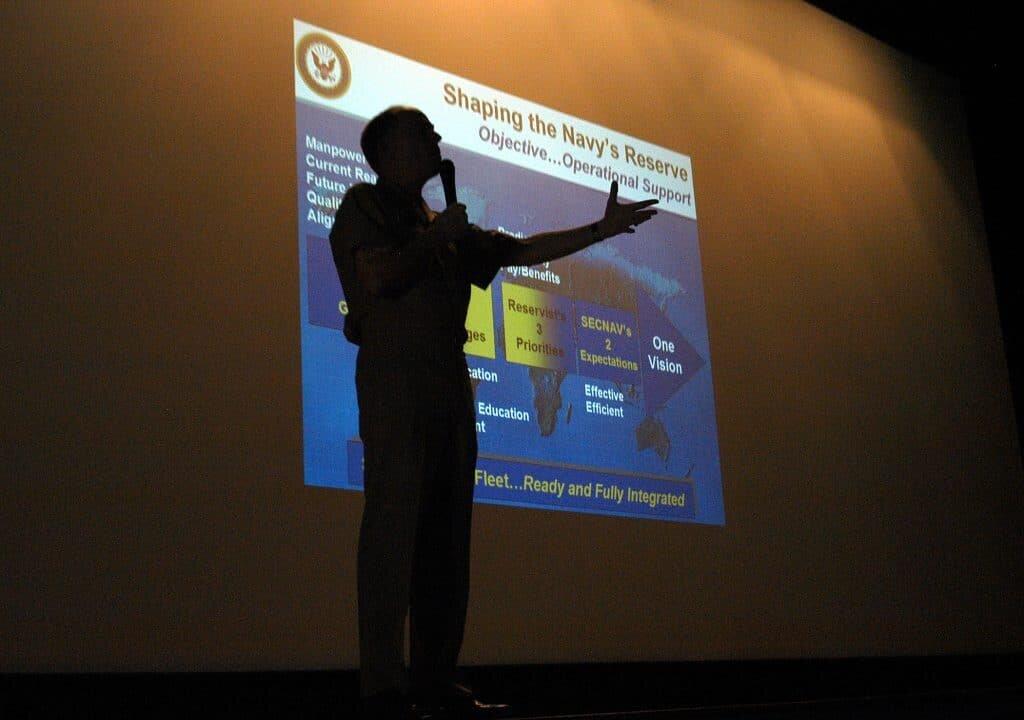Commentary

Sgt. Robert R. Anderson, infantryman, interacts with a local Iraqi child in a village outside of Camp Taqaddum, Iraq, on Mar. 12th, 2006. Photo by Cpl. Daniel Redding, 1st Marine Logistics Group
|Updated:
Dave Chamberlin served 38 years in the USAF and Air National Guard as an aircraft crew chief, where he retired as a CMSgt. He has held a wide variety of technical, instructor, consultant, and leadership positions in his more than 40 years of civilian and military aviation experience. Dave holds an Airframe and Powerplant license from the FAA, as well as a master's degree in aeronautical science. He currently runs his own consulting and training company and has written for numerous trade publications. His true passion is exploring and writing about issues facing the military, and in particular, aircraft maintenance personnel.
Author’s Selected Articles




